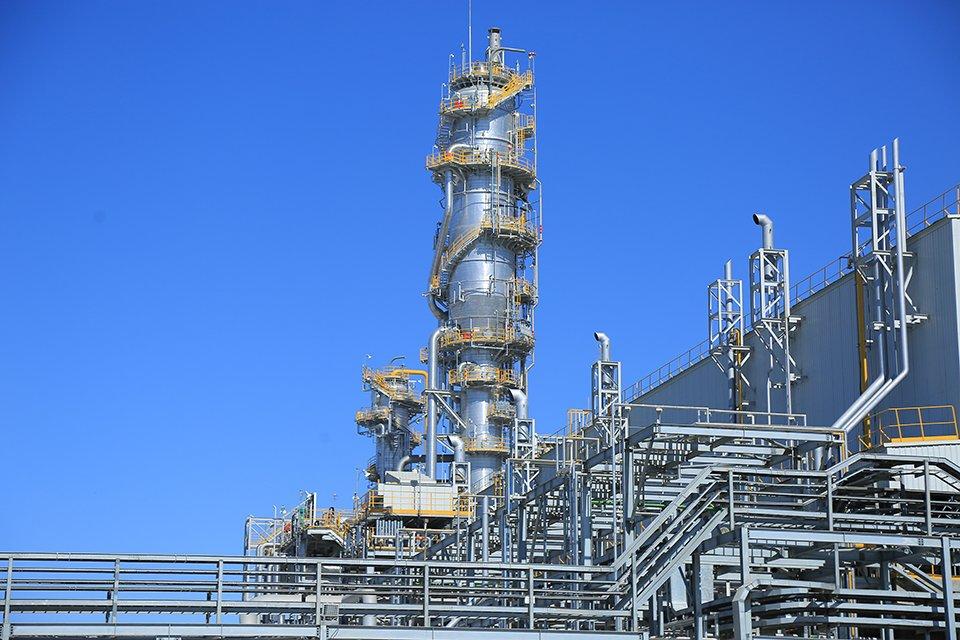Context
Nitric acid is an important raw material in the chemical industry; it is mainly used as part of the fertiliser production process. The manufacture of nitric acid releases nitrous oxide (N2O) into the atmosphere, a greenhouse gas that depletes ozone and is 273 times more harmful to the climate than carbon dioxide (CO2). Businesses have no incentive to reduce nitrous oxide emissions, even though N2O abatement is relatively inexpensive, costing between one and five euros per tonne of CO2 equivalent saved.
There is a great deal of potential for climate action in this industry. We estimate that worldwide, more than 1 billion tonnes of CO2equivalent could be saved in the next ten years. This would make an important contribution to achieving the climate targets established in the United Nations Paris Agreement.
The German Government therefore launched the Nitric Acid Climate Action Group (NACAG). Its goal is to reduce nitrous oxide emissions from nitric acid production around the globe. Objective
Participating countries have the institutional, legal and technical capacity they need to independently reduce climate-damaging nitrous oxide emissions from nitric acid production in the long term.
Approach
The project supports the German Government in implementing NACAG.
The Group supports financial, technical and policy measures to reduce nitrous oxide emissions. For example, the initiative advises the participating countries on the necessary framework conditions and promotes the use of climate action technology.
In return, these countries undertake to permanently reduce nitrous oxide emissions from nitric acid production. To this end, NACAG finances the installation of climate protection technology in selected production plants. It also supports the participating countries in the long-term regulation of emissions from nitric acid production.
